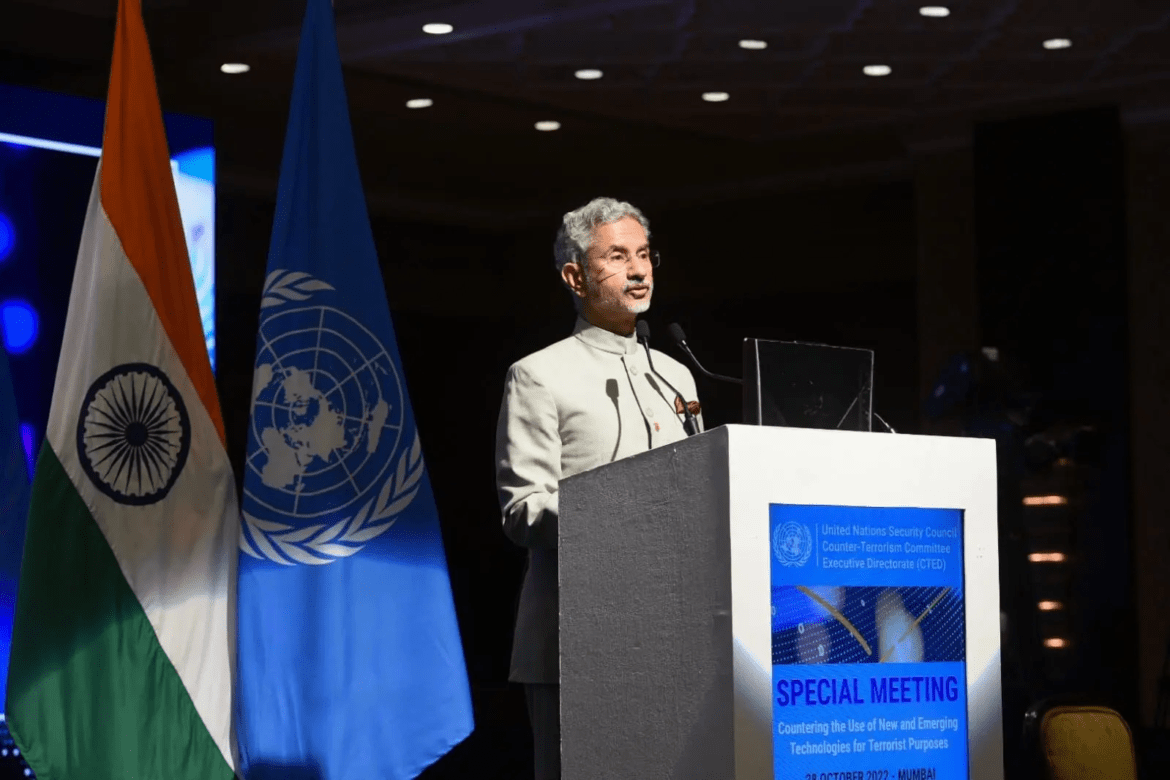AI Generated Summary
- By embracing these opportunities within the UN framework, India can continue to champion the causes of peace and development, demonstrating that even in the face of apparent ineffectiveness in certain areas, there are arenas where the United Nations, with India’s support, is making a definitive and positive impact on the world stage.
- From 2025, India will serve on the Commission on the Status of Women, the Executive Board of the United Nations Children’s Fund, the United Nations Population Fund, and the United Nations Office for Project Services.
- Understanding the function and relevance of these bodies, and India’s role within them, is crucial for appreciating the broader contributions of the United Nations beyond the Security Council.
The ongoing conflict in Israel and Gaza has once again thrown into sharp relief the limitations of the United Nations Security Council (UNSC) in preventing conflict and protecting civilians. Amidst such grim narratives, however, the story of the United Nations and its myriad other organs often goes untold—a narrative not of failure, but of incremental, yet vital, successes in international cooperation and law.
India, a founding member of the UN, has consistently played a significant role in advancing the organization’s mission to foster global peace and security. India’s recent election to several key UN bodies is a testament to its active participation and commitment to the global order. From 2025, India will serve on the Commission on the Status of Women, the Executive Board of the United Nations Children’s Fund, the United Nations Population Fund, and the United Nations Office for Project Services. Understanding the function and relevance of these bodies, and India’s role within them, is crucial for appreciating the broader contributions of the United Nations beyond the Security Council.
The Economic and Social Council (ECOSOC), to which all these bodies report, is a principal UN body promoting global cooperation on economic, social, environmental, and humanitarian issues. With its coordination of activities across specialized UN agencies, ECOSOC is pivotal in implementing sustainable development goals and driving international policy.
Particularly notable among these bodies is the Commission on the Status of Women (CSW), dedicated to promoting gender equality and the empowerment of women since 1946. Similarly, the United Nations Population Fund (UNFPA) plays a critical role in enhancing reproductive and maternal health worldwide, combating gender-based violence, and addressing harmful practices such as child marriage and female genital mutilation.
The United Nations International Children’s Emergency Fund (UNICEF) focuses on the well-being and rights of children and women, aligning its mission with key international conventions on women’s and children’s rights. Likewise, the United Nations Office for Project Services (UNOPS) supports essential infrastructure and procurement projects, often in challenging post-disaster or transitional settings.
India’s active participation in these bodies is not merely a diplomatic endeavor but a strategic alignment with its broader foreign policy goals of promoting peace, security, and sustainable development. By engaging with these UN agencies, India is not only contributing to shaping global policies but also ensuring that these policies reflect the diverse needs and perspectives of the Global South.
As the world grapples with myriad challenges—from ongoing conflicts to climate change—the role of the United Nations in fostering international cooperation remains as relevant as ever. India’s role in this global narrative underscores its readiness to take on greater responsibilities in the international arena, proving itself a responsible and proactive global actor.
By embracing these opportunities within the UN framework, India can continue to champion the causes of peace and development, demonstrating that even in the face of apparent ineffectiveness in certain areas, there are arenas where the United Nations, with India’s support, is making a definitive and positive impact on the world stage.
The opinions expressed in this article are those of the author. They do not purport to reflect the opinions or views of Khalsa Vox or its members.




